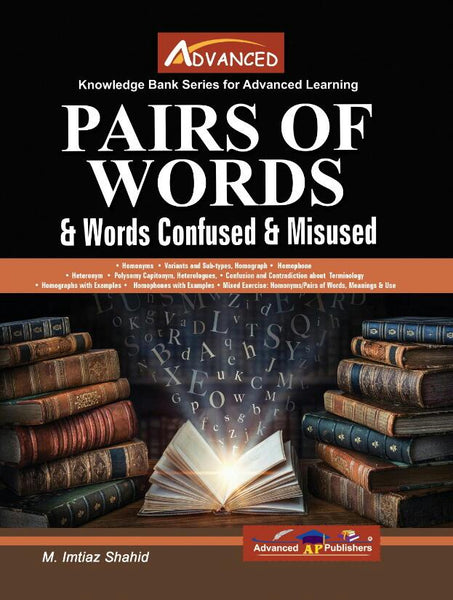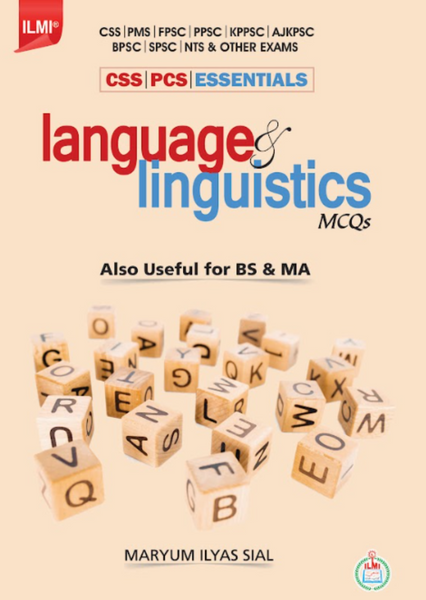The Jew of Malta by Christopher Marlowe – Kitab Mahal
- Publisher: Kitab Mahal (Pvt) Ltd , KM
- Availability: 4 In Stock
- SKU: 26110 R1 0267
Rs.390.00
Tags: 16th century play , anti-Semitism in drama , Barabas character , Baroque drama , best books , Best Price , Best Selling Books , British theatre , BS , Christian-Muslim conflict in literature , Christopher Marlowe , classic English drama , classic revenge tragedy , drama studies , dramatic literature , Elizabethan drama , English plays , European drama , hypocrisy in religion , iconic plays , Jewish characters in literature , Kitab Mahal , KM , KM publishers , literature classics , literature for college students , literature syllabus , Marlowe plays , Marlowe's works , plays by Christopher Marlowe , political drama , religious conflict in plays , religious satire , Renaissance literature , revenge tragedy , Text , The Jew of Malta , The Jew of Malta by Christopher Marlowe , theatre history , tragic hero , With Urdu Translation
📘 Title Name: The Jew of Malta
✍️ Author: Christopher Marlowe
📦 Publisher: Kitab Mahal (Pvt) Ltd (KM)
🔹 Introduction:
The Jew of Malta is a provocative Elizabethan play by Christopher Marlowe that explores themes of greed, religion, betrayal, and revenge through the character of Barabas, a wealthy Jewish merchant. Set in Malta during political and religious turmoil, the play offers a darkly satirical commentary on hypocrisy and moral corruption.
🔑 Key Points:
-
Highlights religious conflict and hypocrisy in 16th-century Europe.
-
Central character Barabas represents complex villainy driven by revenge.
-
Known for its intense drama, dark humor, and bold political undertones.
-
A reflection of Elizabethan attitudes toward race, religion, and power.
-
Frequently studied in literature, drama, and theatre history courses.

























